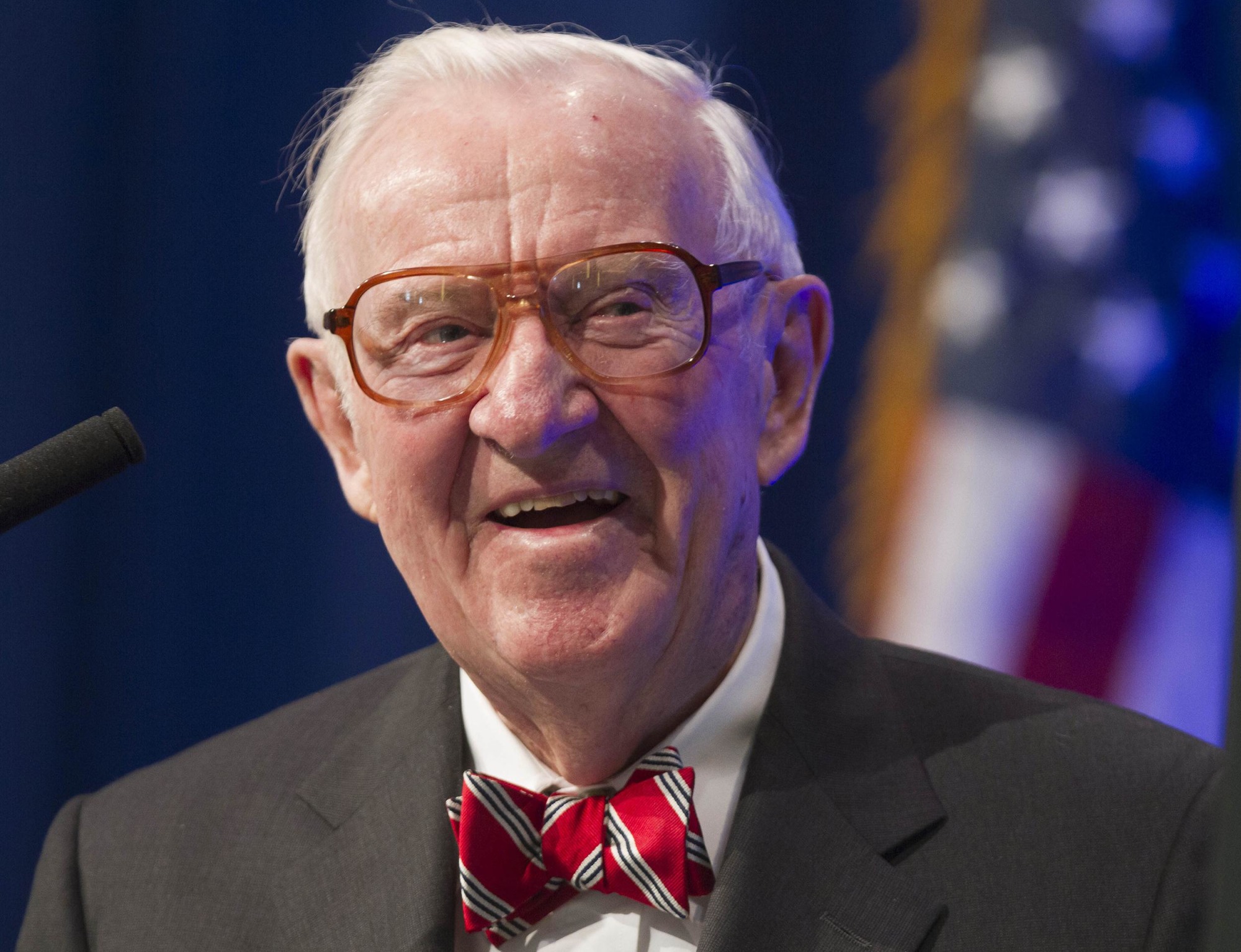Justice John Paul Stevens Leaves Tragic Abortion Legacy
John Paul Stevens, who served on the United States Supreme Court from 1975 until his retirement in 2010, died earlier this week. He was 99 years old.
He had a major impact on numerous legal issues during his long tenure on the Court. Virtually every law student has read his opinion in Chevron, which established a doctrine for courts to defer to administrative agencies’ interpretation of statutes in most cases. Many obituaries highlighted his famous dissents in Bush v. Gore and Citizens United. Church-state separation groups have rightly celebrated Justice Stevens’ decisions requiring religious neutrality from public schools. Above all, journalists and pundits on both sides of the aisle are remembering Justice Stevens nostalgically, admiring him as a symbol of an era when the United States was less partisan and more genteel.
Justice Stevens is also directly responsible for the deaths of millions of human beings.
He was one of the five Justices who voted to uphold Roe v. Wade (albeit with modifications) in the 1992 case of Planned Parenthood v. Casey. If Justice Stevens had mustered the conscience and courage to vote the other way, Roe would have been reversed 27 years ago. And when the Court considered the gruesome practice of partial-birth abortion in Gonzales v. Carhart and found the federal partial-birth abortion ban to be constitutional, Justice Stevens shamefully dissented.
I take no pleasure in speaking ill of the dead. I take even less in glossing over the truth. Society is undertaking a long-overdue reassessment of many historical figures, emphasizing racist and sexist behavior that was previously swept under the rug. A generation from now, what will the history books say about those who defended the slaughter of defenseless human beings in the womb?



Leave a Reply
Want to join the discussion?Feel free to contribute!